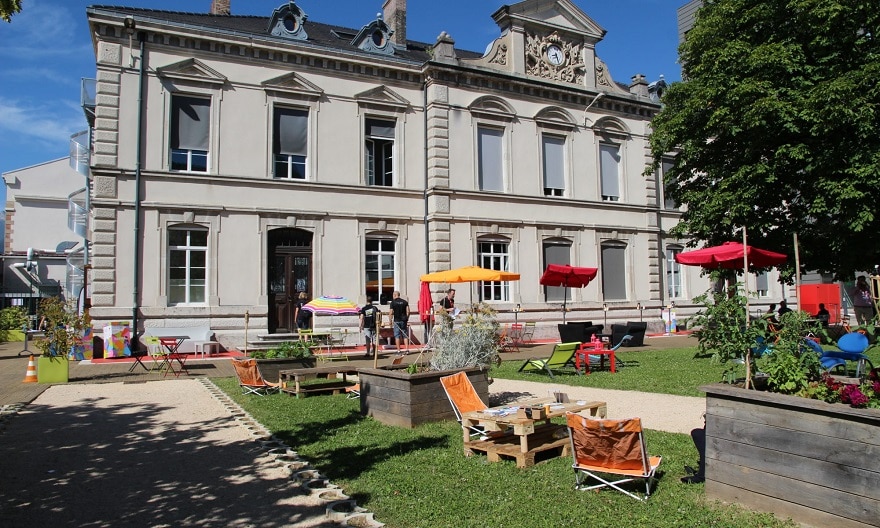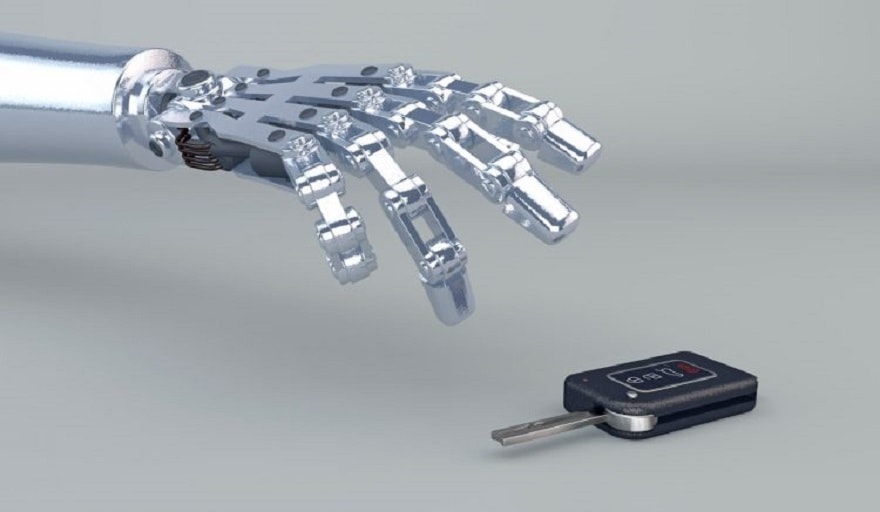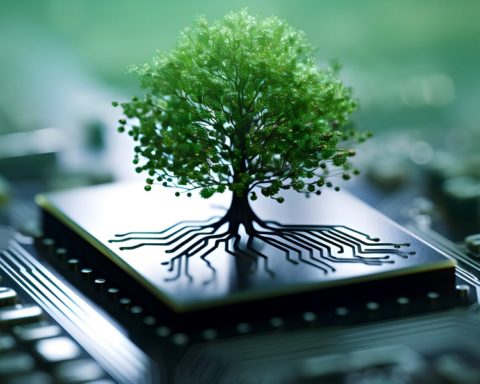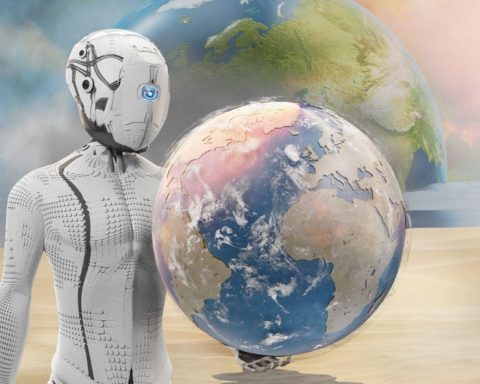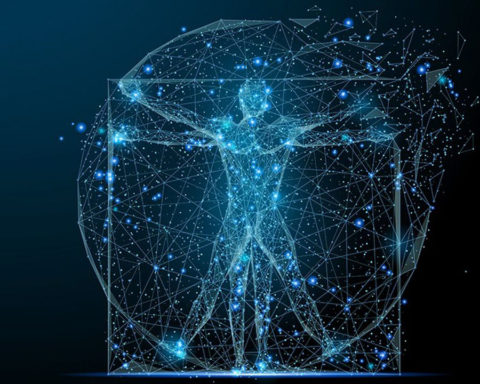
Google researchers are developing a way to give artificial intelligence the ability to anticipate so that it can reason and build action plans without human instruction. In short, allowing robots to use their imagination.
Qhen you place a glass filled with water at the edge of a table, you calculate where it should be so that it does not fall and break into a thousand pieces. You can do this because you have the ability to anticipate. You know that a glass that is placed in an unstable position is likely to fall and break. Robots are unable to do this properly. It is impossible for them to imagine the consequences of their actions.
The team working in the Google DeepMind lab says this capability will be crucial in the development of artificial intelligence algorithms for the future. It will allow systems to better adapt to changing conditions for which they have not been specifically programmed. "We must have the ability to imagine and reason about the future. Beyond that, they must be able to build a plan using this knowledge," explain the researchers in a publication on the blog.
We've already seen a version of this anticipatory planning in the Go victories that DeepMind's robots have scored on human opponents recently, as the AI sets the future outcomes that will result from its current actions. But the rules of the real world are much more varied and complex than the rules of the game of Go. That's why the team has been working on a system that works at another level.
To do this, researchers have combined together several existing artificial intelligence approaches, including reinforcement learning (learning by trial and error) and deep learning (learning by processing vast amounts of data in a manner similar to the human brain). The result of their work is a system that blends trial and error with simulation capabilities. This allows robots to learn about their environment and then think before they act.
"Imagination-enhanced agents greatly surpass the baselines of imagination." say the researchers. "They learn with less experience and can deal with the imperfections of environmental modelling. Google researchers found that robots designed in this way could better control their knowledge, they were better able to select useful information for their simulations, and they could learn different strategies for making plans.
This is not just about advance planning. It is advance planning with extra creativity, so that potential future actions can be combined or mixed in different ways to identify the most promising routes.
Researchers are cautiously pointing out that further analysis is still needed to provide robots with scalable solutions that allow them to use their imagination to reason and plan for the future.
When that day comes, we can be truly concerned, remembering the dark premonitions of science fiction writers who described the "robot revolt".

Login
0 Comments
Inline Feedbacks
View all comments


